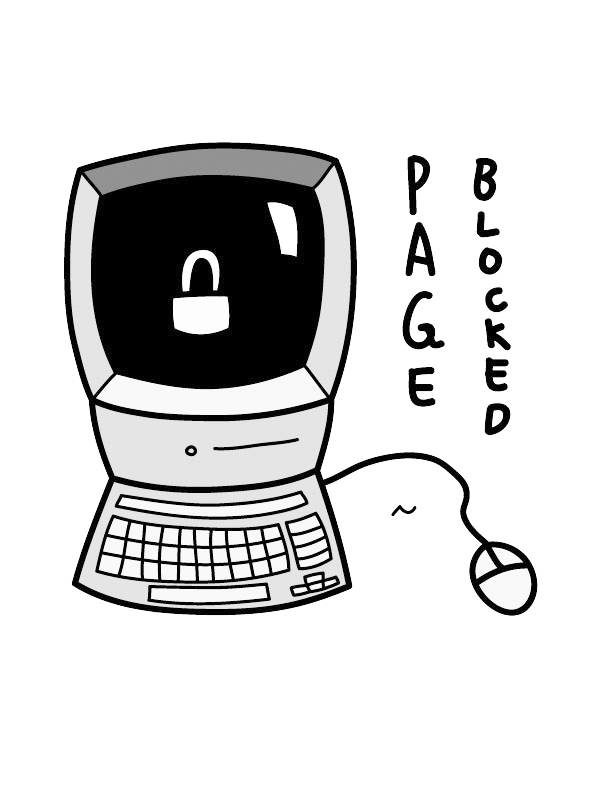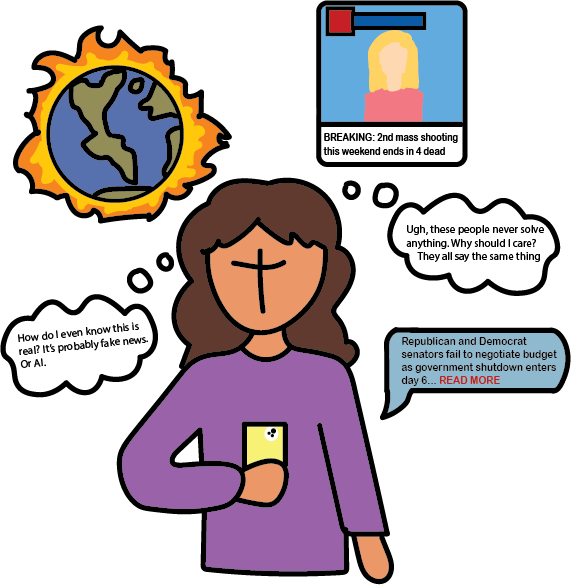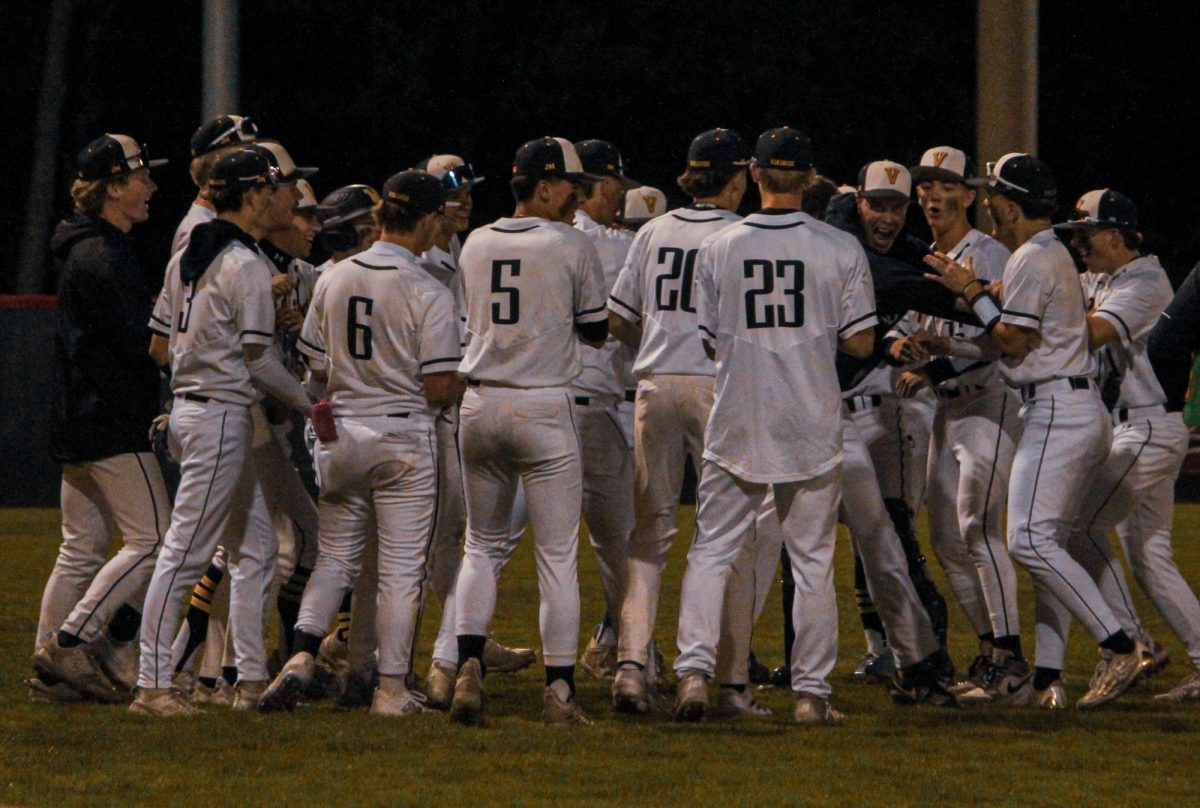In a world with increasing technological capabilities, the internet and all its content becomes more available to us at school every day. For the most part, school computers are used for school projects, research papers or online games.
However, as we journey through the world wide web on the school network, it is not uncommon to come across the iBoss block page. This page is pops up on screen every time a student tries to access a page that is, for one reason or another, restricted by the district.
While it is true that there are some pages that should be not be accessed at school — pornography, television shows, essay services and social media come to mind — there are others that are blocked that don’t make much sense.
For example, on kindergarten-level accounts, such as the default student login, banking websites are blocked but are available on the high school level accounts. In addition, on teacher-level accounts, job search websites are blocked, but they are available to everyone else.
It is not always clear why pages are blocked,which is frustrating to come across while researching, especially if the pages appear educational.
“When a page I need for a project gets blocked, it is really inconvenient, especially if it is one that I have been on before and know is clean,” junior Tristan Wisont said. “Under specific keywords, even government websites are blocked. It becomes a hindrance to exclude sources like that.”
While the filter can be frustrating, and often makes research more difficult than it should be, the alternatives must be considered. Realistically it would be impossible say that every student in the entire district could be allowed to browse the internet freely without abusing the system.
Although we would like to think that we are responsible enough not to have the district monitoring us, the district is legally responsible for us. It is important to remember that while most of us consider ourselves adults, it is the district’s job to make us act like it.















